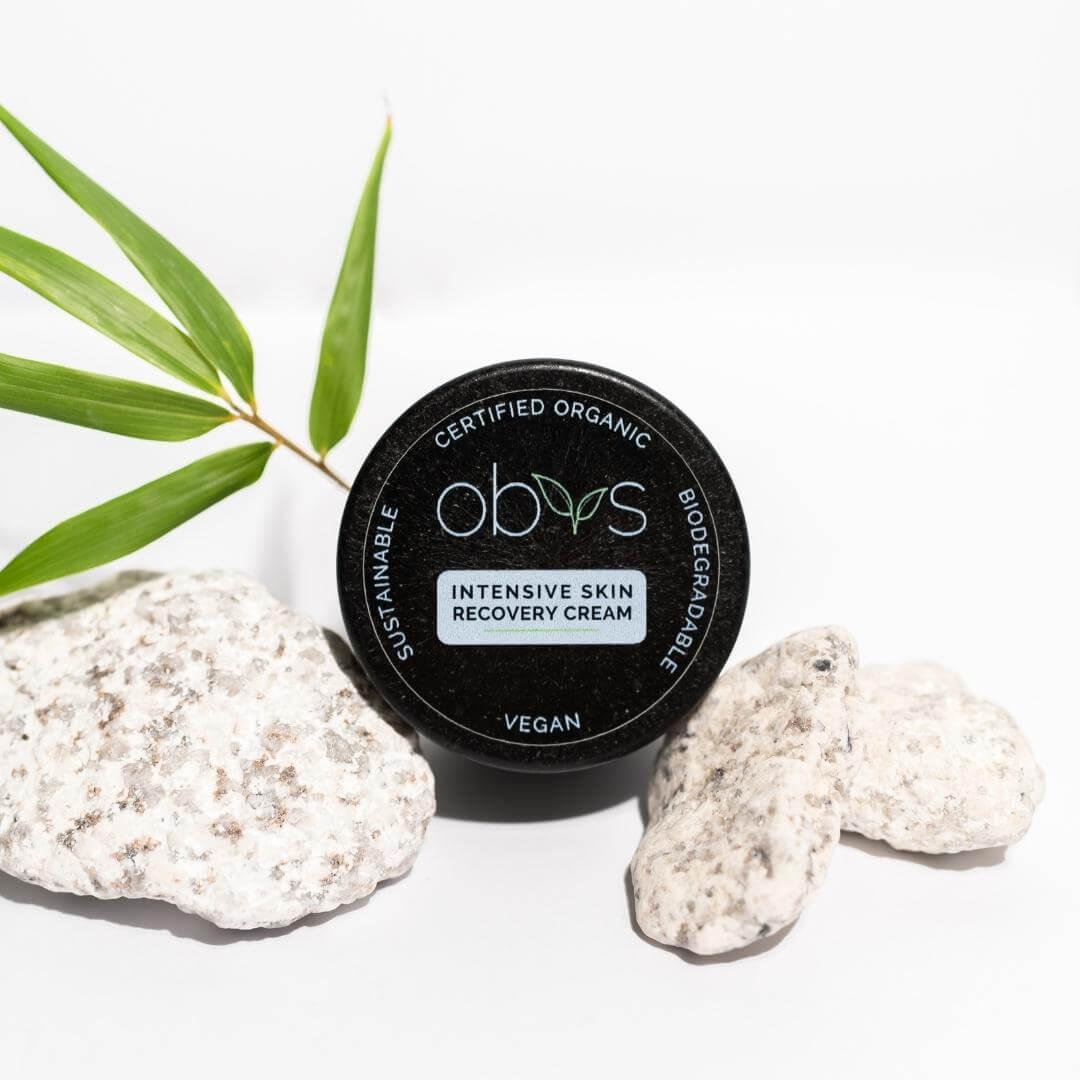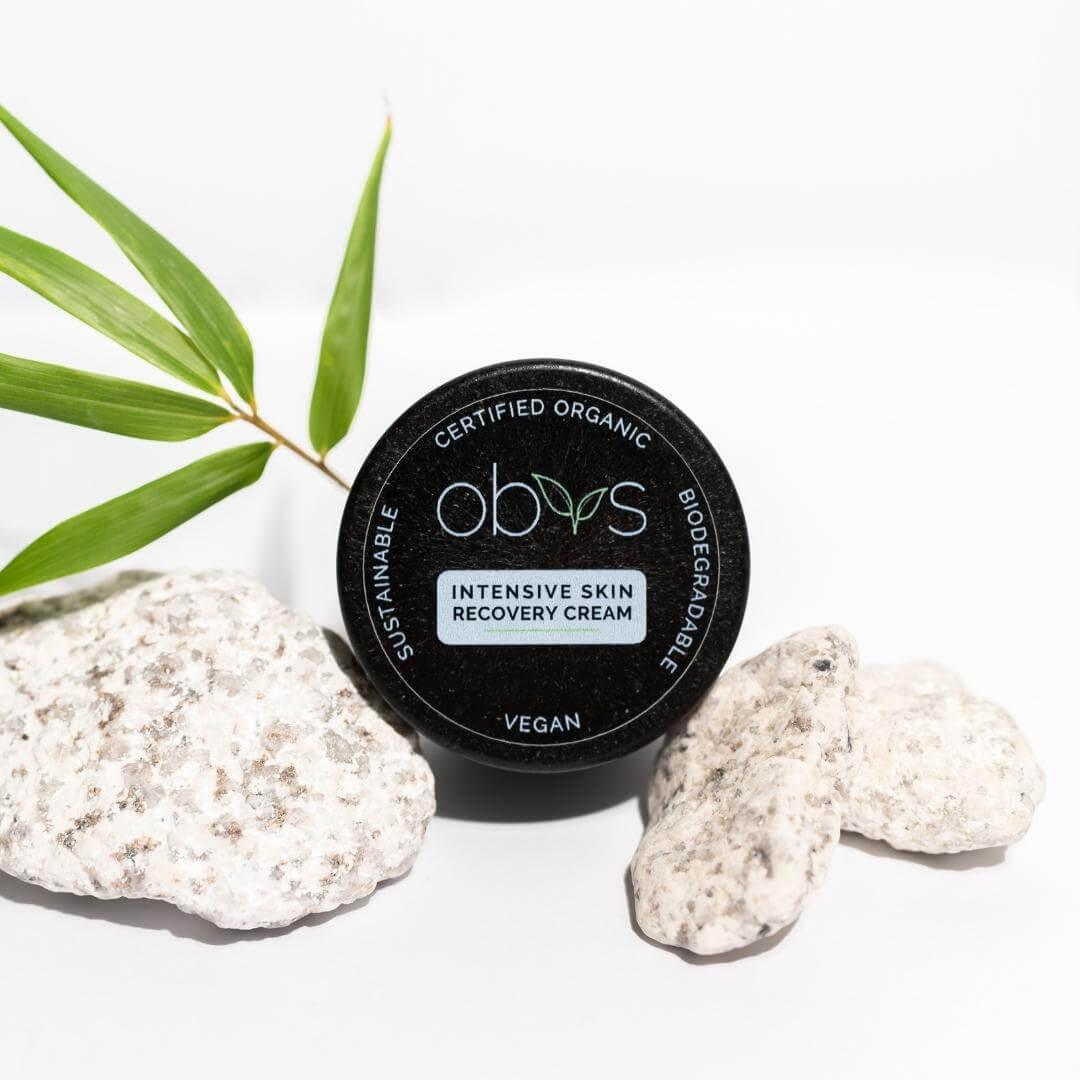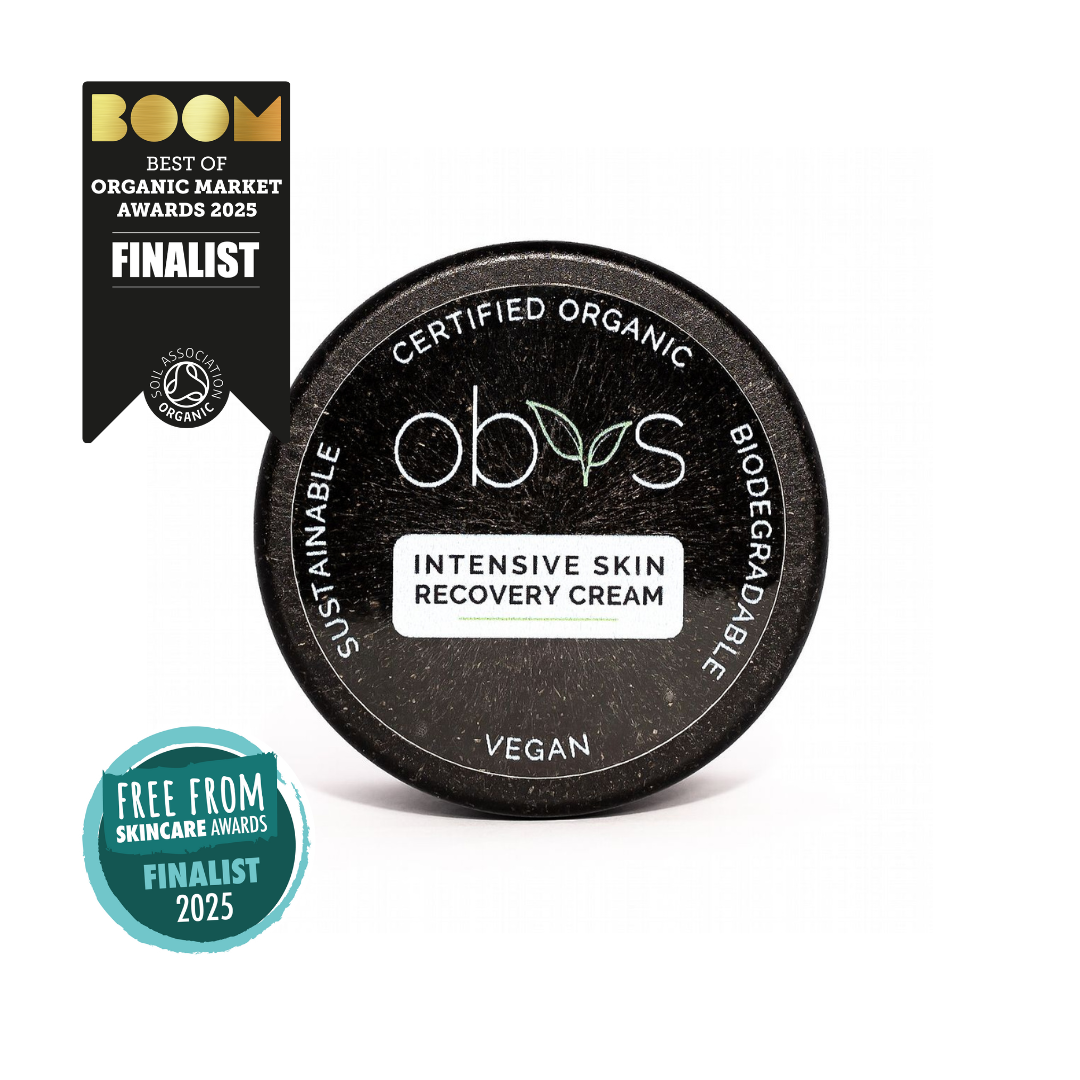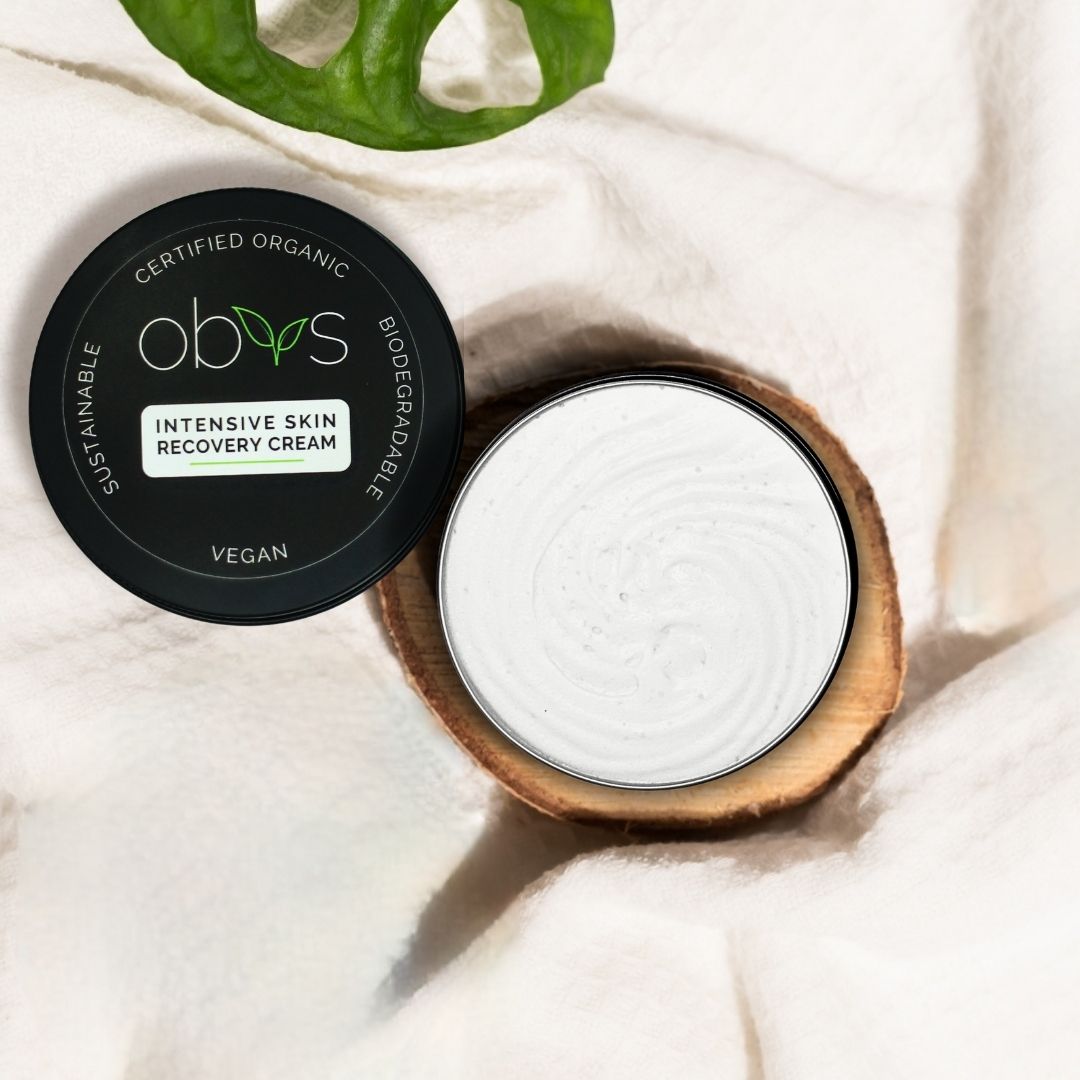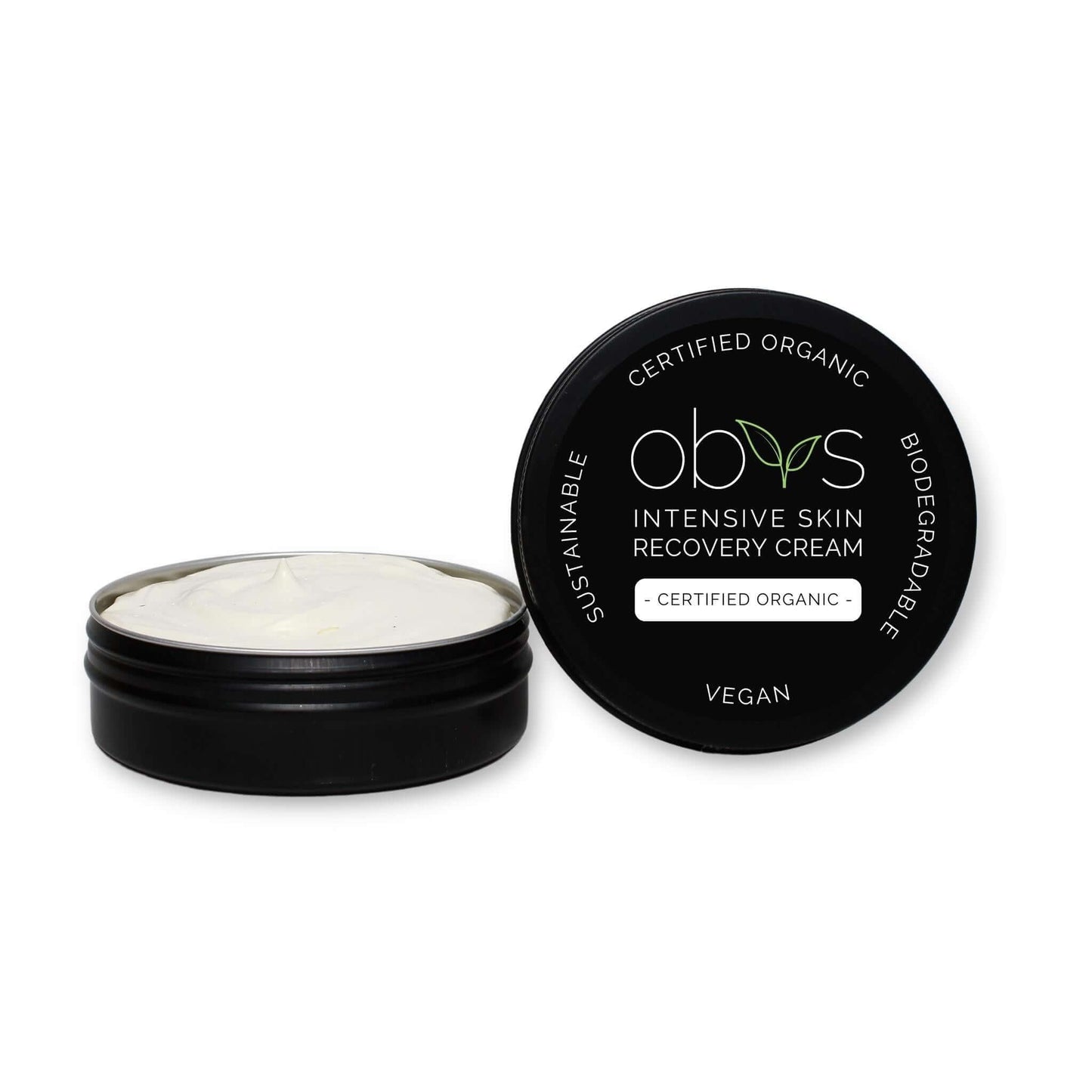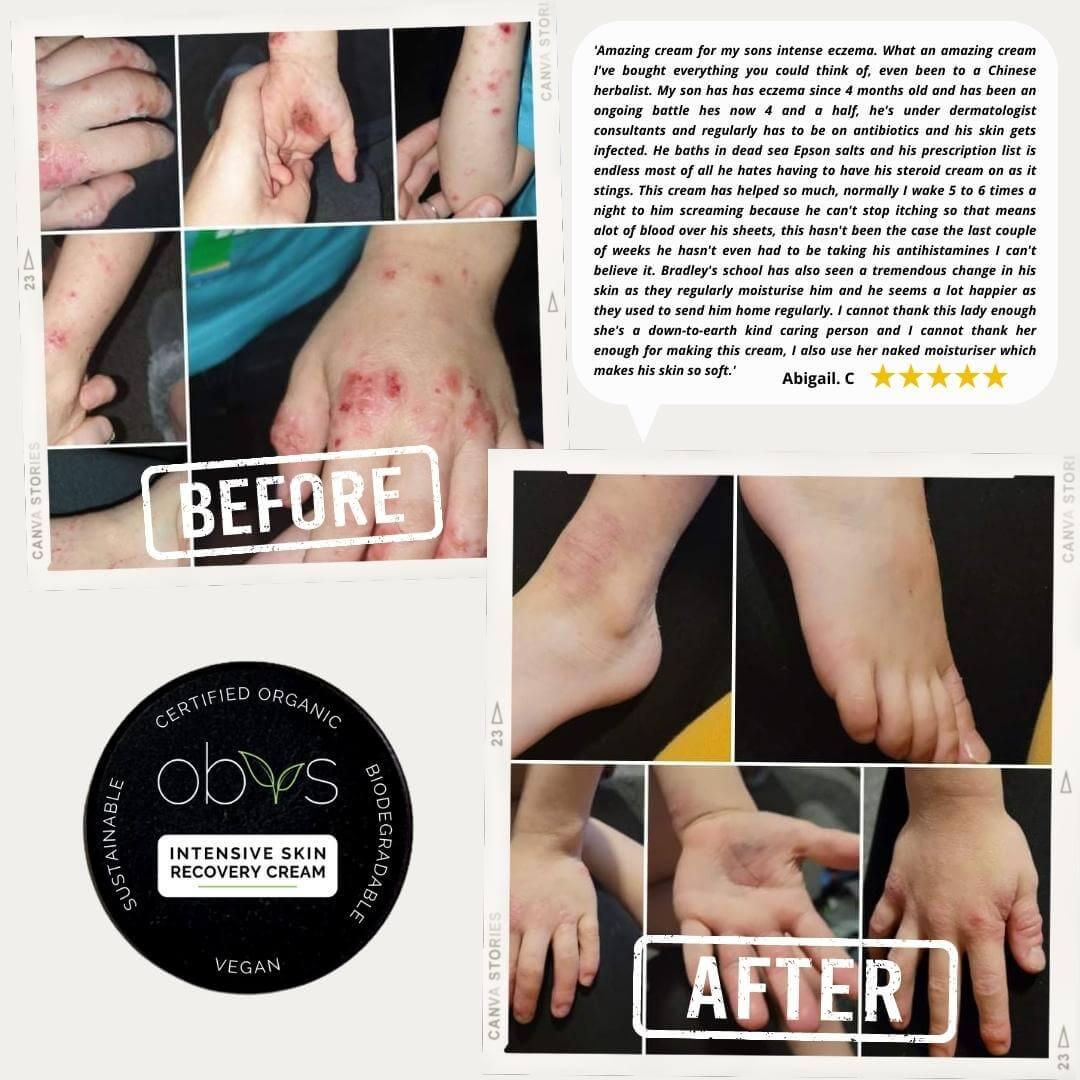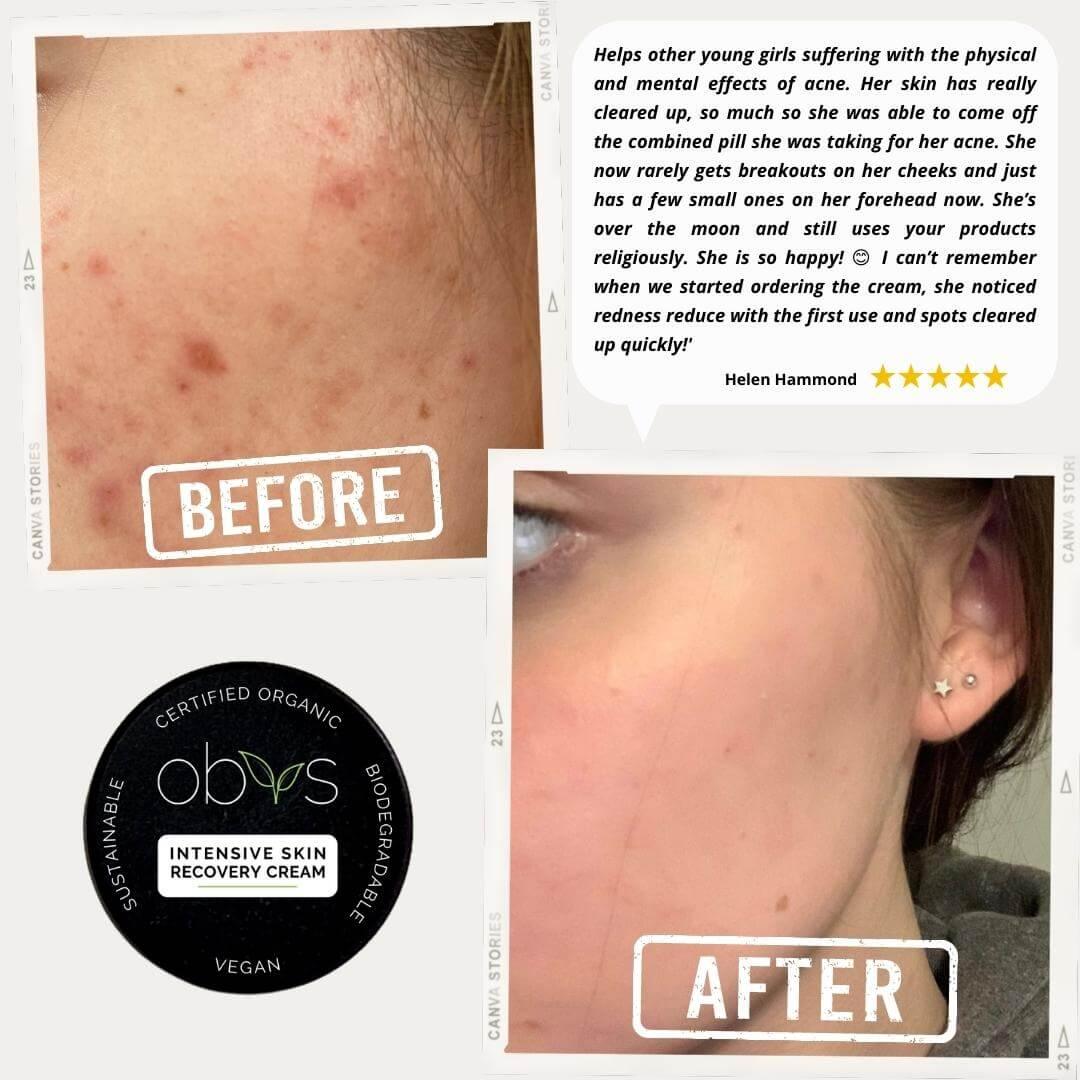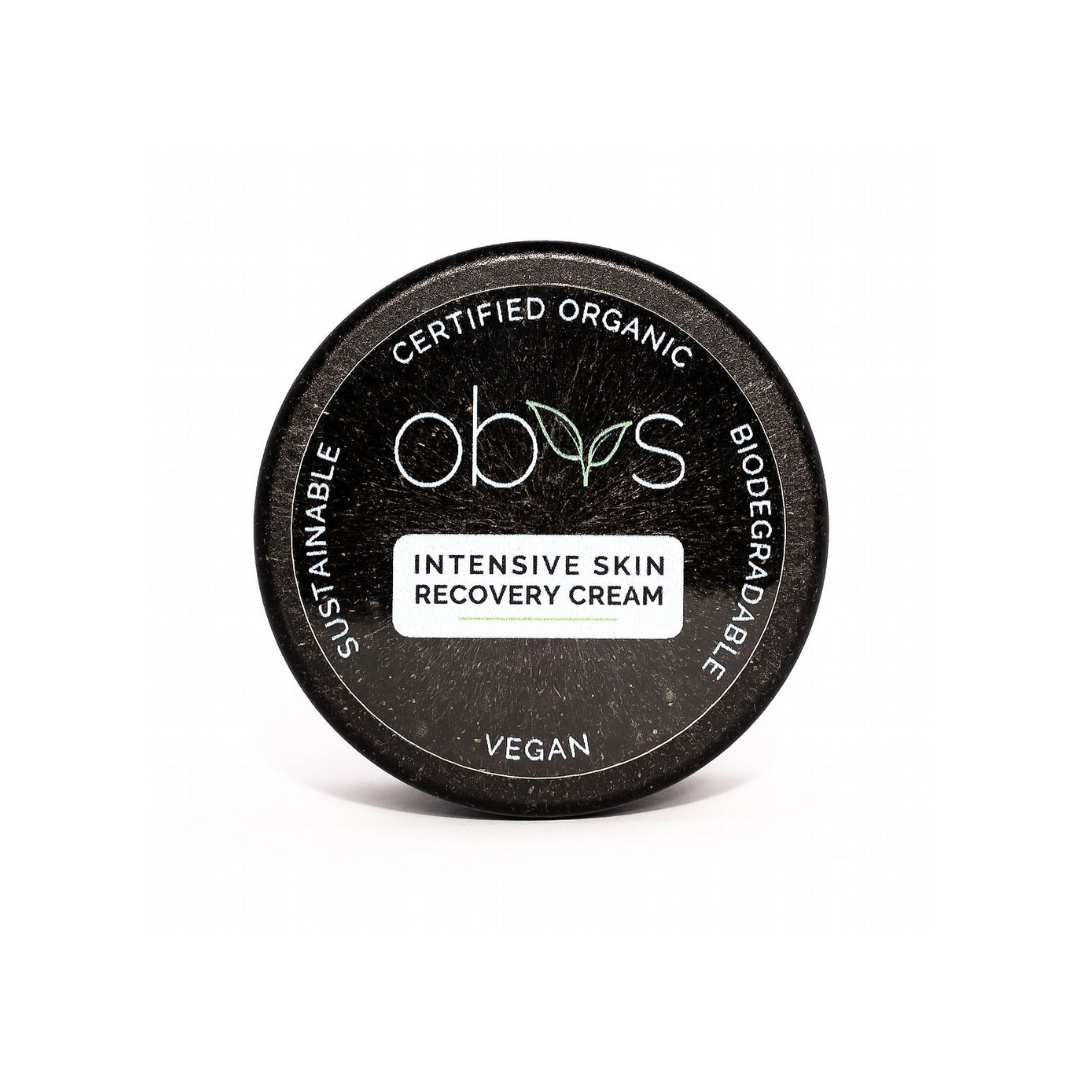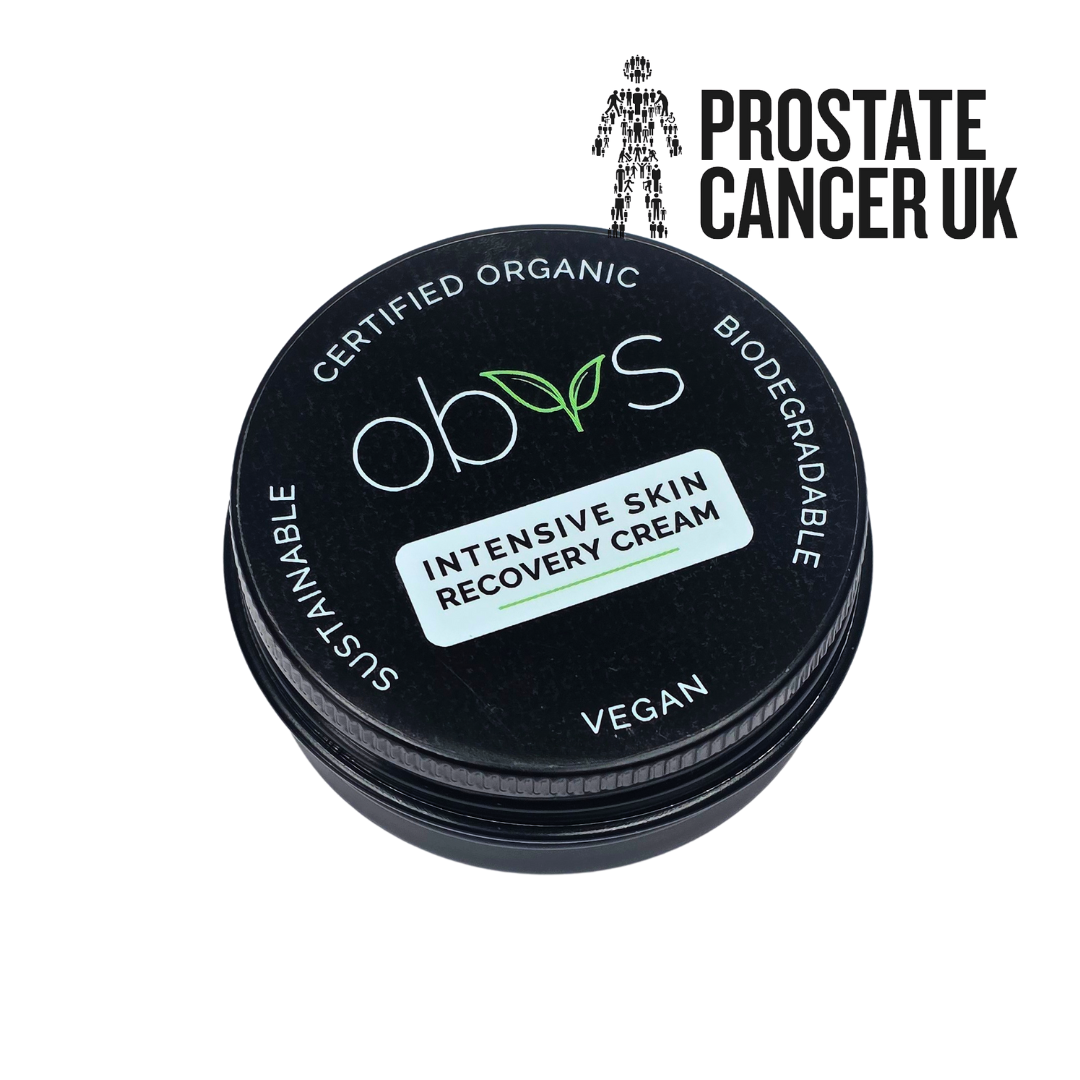
Differences between Eczema and Psoriasis
Share
Eczema and psoriasis are two common skin conditions that can cause similar symptoms, but they have distinct differences in their underlying causes, appearance, and treatment approaches. Here's a closer look at the differences between eczema and psoriasis.
What is Eczema?
Eczema, also known as atopic dermatitis, is a chronic inflammatory skin condition that affects approximately 10-20% of children and 1-3% of adults worldwide. Eczema is characterised by dry, itchy, red, and scaly skin patches that can appear on any part of the body. The severity and frequency of eczema symptoms can vary widely depending on the individual and can be triggered by various factors, including stress, irritants, allergens, and weather changes.
What is Psoriasis?
Psoriasis is also a chronic inflammatory skin condition that affects approximately 2-3% of people worldwide. Psoriasis is characterised by raised, scaly, and often itchy patches of skin that can appear on any part of the body, but are most commonly found on the scalp, elbows, knees, and lower back. Psoriasis is believed to be an autoimmune disorder in which the immune system mistakenly attacks healthy skin cells, leading to rapid cell turnover and the formation of scaly plaques.
Differences between Eczema and Psoriasis:
Appearance: While both eczema and psoriasis can cause itchy, scaly patches of skin, the appearance of the patches is different. Eczema patches are typically dry, red, and scaly, whereas psoriasis patches are thicker, silvery, and often have a distinct border.
Location: While eczema can appear on any part of the body, it is most commonly found on the face, neck, hands, and feet. Psoriasis, on the other hand, is most commonly found on the scalp, elbows, knees, and lower back.
Triggers: While both conditions can be triggered by stress, irritants, and weather changes, psoriasis can also be triggered by infections and certain medications.
Underlying cause: Eczema is believed to be caused by a combination of genetic and environmental factors, while psoriasis is believed to be an autoimmune disorder.
Treatment Approaches:
Treatment approaches for eczema and psoriasis can vary depending on the severity and location of the patches, as well as the individual's response to different treatments. However, here are some general treatment approaches for both conditions:
Topical creams and ointments: Both eczema and psoriasis can be treated with topical oil based creams and ointments containing zinc oxide, such as the Intensive Skin Recovery Cream.
Phototherapy: Phototherapy, or light therapy, involves exposing the affected skin to ultraviolet light to reduce inflammation and slow down cell turnover.
Systemic medications: Severe cases of eczema or psoriasis may require systemic medications, such as biologics or immunosuppressants, which can be prescribed by a healthcare provider.

